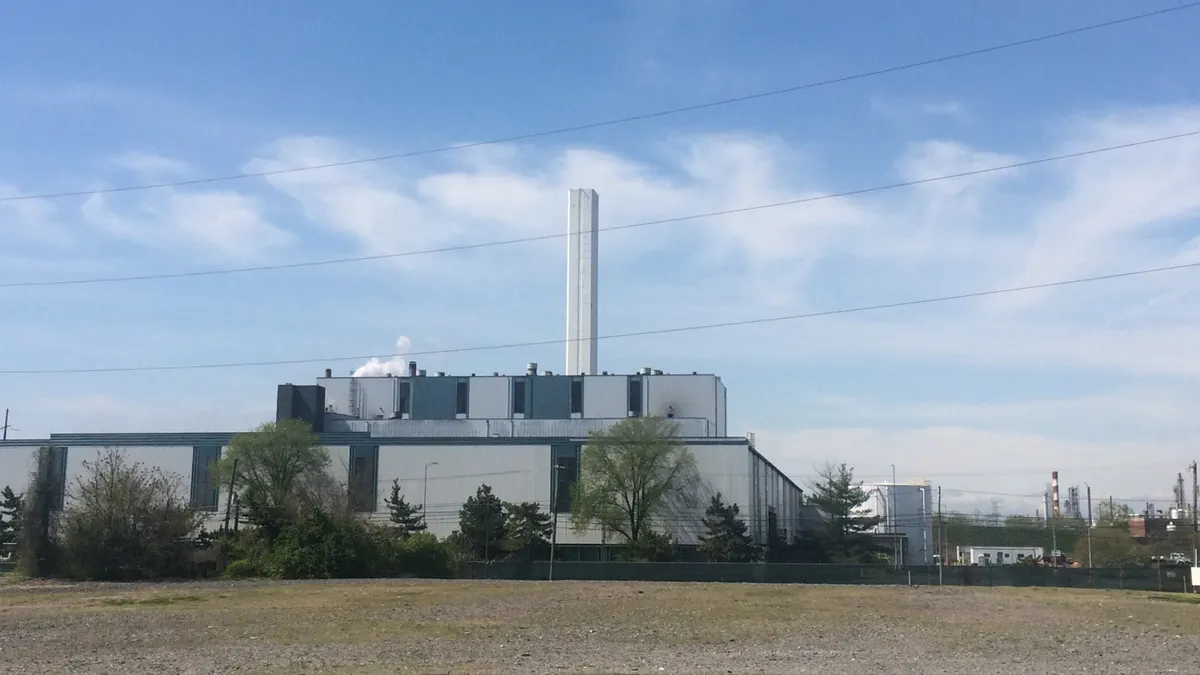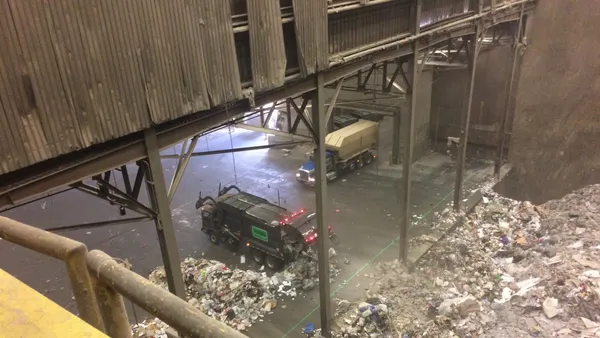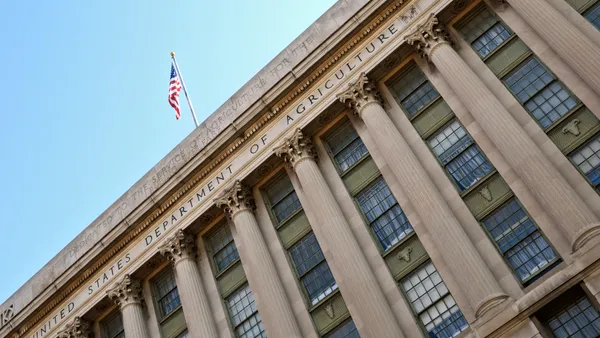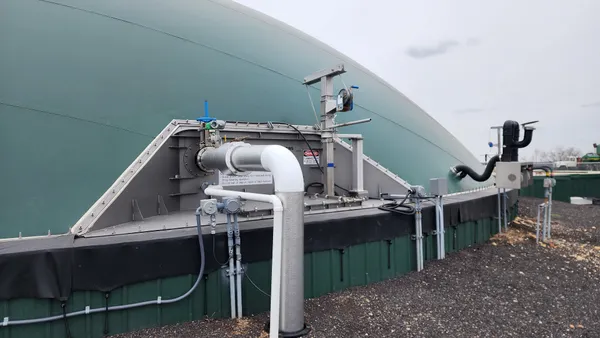Dive Brief:
- Reworld’s Delaware Valley Resource Recovery Facility is facing renewed pressure to close from local governments this week. Commissioners in Delaware County, Pennsylvania, where the facility is located, approved a zero waste plan on Wednesday that calls for a shift away from incineration.
- The chair of Philadelphia City Council’s Committee on the Environment also introduced a bill Thursday that would force the city to stop sending its trash to the Reworld facility.
- The thermomechanical treatment facility is considered the largest of its kind in the country. Environmental and public health advocates have long criticized it, saying the facility’s emissions have exacerbated environmental justice issues in Chester, where it opened in 1992.
Dive Insight:
Delaware County is home to 49 municipalities with a collective population of more than 576,000. Roughly 94,157 residents live in census tracts that Pennsylvania considers environmental justice communities, characterized by high pollution levels and underinvestment.
Chester, in particular, is among the top 10% of municipalities in the state for ground-level ozone exposure, and residents struggle with high levels of particulate matter pollution. Some of that is attributed to heavy industrial activity and truck traffic, but some of it has also been attributed to Reworld's facility.
Reworld began operating the facility in 2005 and acquired it from a GE subsidiary in 2012. On its website, Reworld touts the 572,000 megawatt-hours of electricity generated and 46,800 tons of ferrous metals recovered at the Chester facility in 2023. It also notes compliance with federal emissions standards and maintains a continuous emissions monitoring page.
The company also noted that the waste management hierarchy advanced by the U.S. EPA and other regulatory bodies have placed energy recovery from materials over disposal options like landfilling.
Philadelphia generates roughly one-third of the trash burned in the Reworld facility, and its waste disposal contracts expire at the end of the city’s fiscal year. Neighboring Delaware County sends nearly all of its trash to Reworld as well under a contract that runs through 2027.
The Chester facility processes about 1.2 million tons of material annually, according to a company fact sheet. In a statement accompanying the Philadelphia bill, Chester Mayor Stefan Roots said the facility’s presence on the city’s waterfront “is a longstanding issue that requires strong partnership to solve.” He noted Councilmember Jamie Gauthier, who introduced the bill, and some of her colleagues visited the Reworld facility prior to the bill’s introduction.
“I urge Philadelphia City Council to be good neighbors, pass this bill without delay, and to join us in advancing regional solutions that put environmental justice and public health first. Chester stands ready to partner with Philadelphia to safeguard the health and welfare of our residents,” he said.
Delaware County noted in its zero waste plan that it can't force the Reworld facility’s closure on its own, and it does not currently have sufficient alternatives to handle all of the county's waste.
About a third of all Delaware County communities send their waste to Reworld directly, receiving a discount by skipping a transfer station. The other two-thirds first send their waste to a transfer station, where approximately 15% of the received waste is removed and sent directly to the county-owned Rolling Hills Landfill. The rest is sent to Reworld, which also ships its ash to the landfill.
But the county noted in the plan that the Delaware County Solid Waste Authority is developing multiple multimillion-dollar infrastructure projects that could provide more alternative capacity. That includes redesigning the county's transfer stations and expanding the Rolling Hills Landfill.
A life cycle analysis prepared for Delaware County concluded that even with additional trucking of waste out of Delaware County to a landfill, the environmental impact would be 2.3 times less harmful than the continued operation of Reworld’s Chester facility.
Recycling is already offered in most of the county via municipal-level contracts. Recyclables are taken to MRFs run by Republic Services, WM, Omni Recycling or J.P. Mascaro. Delaware County estimates that recyclers processed 105,470 tons of the county’s materials in 2022, equivalent to about one pound of recycling per person per day.
Five composters serve the county: Back to Earth Compost Crew, EZ Compost, Kitchen Harvest, Mother Compost and Rot Star. The county did not provide the composters’ tonnages, but noted that only one company, Kitchen Harvest, had a facility inside Delaware County.
The zero waste plan’s recommendations span material categories and vary widely in projected costs. They include developing a model ordinance for universal collection, adopting a countywide flow control policy, establishing deconstruction rules for C&D waste and implementing save-as-you-throw programs. The report also recommends enhancing composting and recycling both through new capacity and better collection access.
Some Delaware County residents have rallied against the incinerator and for the zero waste plan. In a form letter organized by the Energy Justice Network, residents urged funding for the implementation of the zero waste plan. They also urged the county to stop selling landfill capacity to other counties and states in order to preserve space for Delaware County's own residents.













